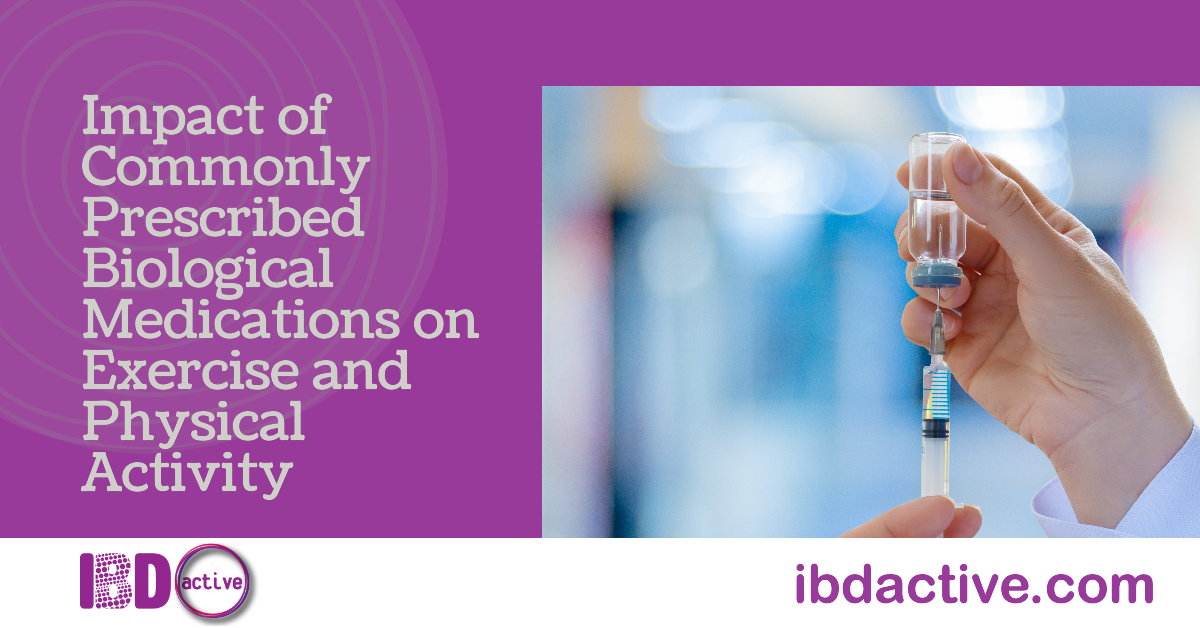Biological drugs have transformed the treatment of chronic inflammatory ailments such as rheumatoid arthritis (RA), inflammatory bowel disease (IBD), and psoriasis. These medications target specific immune system pathways, with the aim of controlling inflammation and improving quality of life. This report delves into the effect of three commonly used biological drugs – infliximab, adalimumab, and vedolizumab – on exercise and physical activity in patients with chronic inflammatory conditions.
Biological Medications and Inflammation
Chronic inflammatory conditions are characterized by the continuous activation of the immune system, which can lead to tissue damage and pain. These conditions can limit mobility, reduce exercise capacity, and negatively impact physical activity levels. Biological medications, particularly anti-TNF agents like infliximab and adalimumab, work by blocking tumor necrosis factor-alpha (TNF-α), which is a key inflammatory cytokine. Vedolizumab, on the other hand, targets a different pathway by inhibiting integrin α4β7, which plays a role in immune cell migration to the inflamed gut in IBD.
Improved Exercise Capacity and Physical Activity
Numerous studies have shown that biological medications can significantly improve the exercise capacity and overall physical activity levels of patients with chronic inflammatory conditions. These medications work in several ways that benefit patients who want to be more active:
Reduced Pain and Joint Stiffness: Pain and stiffness are common barriers to exercise, but biological medications have been shown to be highly effective in reducing these symptoms. By making it more comfortable to move, these medications can help patients become more physically active.
Improved Muscle Function: Chronic inflammation can lead to muscle weakness and fatigue, which can make exercise more difficult. However, biological medications may help to improve muscle strength and endurance, making it easier for patients to be active.
Enhanced Motivation and Well-being: By controlling inflammation and improving symptoms, biological medications can lead to increased energy levels, improved mood, and a greater desire to be physically active. This can be very motivating for patients who are struggling to be more active.
Specific Impacts of Different Medications
- Infliximab and Adalimumab (Anti-TNF): Numerous studies have shown that patients with rheumatoid arthritis (RA) and other inflammatory conditions experienced significant improvements in exercise capacity and physical activity levels after treatment with infliximab and adalimumab. These treatments have been found to increase walking distance, improve performance in functional tests, and encourage participation in leisure-time activities.
- Vedolizumab (Anti-α4β7): Existing research suggests that compared to anti-TNF medications, research on the impact of vedolizumab on exercise is less extensive. However, studies have shown positive effects on physical function and walking capacity in patients with ulcerative colitis after treatment with vedolizumab.
Considerations and Limitations
The impact of biological medications on exercise may vary depending on the specific chronic inflammatory condition. Patients may respond differently to medication, which can affect the degree of improvement in exercise capacity. More research is needed to understand the long-term effects of biological medications on exercise and physical activity. Biological medications can have side effects such as fatigue or infections, which may temporarily impact exercise ability. Therefore, regular monitoring by a healthcare professional is crucial.
Conclusion
Biological medications have a significant impact on improving exercise capacity and physical activity levels in patients who suffer from chronic inflammatory conditions. By controlling inflammation and reducing pain, these medications enable individuals to participate in physical activity more comfortably and improve their overall well-being. However, the specific effects may vary depending on the disease, medication, and the individual’s response. It is vital to have open communication with a healthcare professional to develop a personalized exercise plan that complements the benefits of biological medications.
Referrences
Chatzinotas, C. N., Papadimitriou, A. N., & Paschalidis, K. E. (2017). Exercise capacity and anti-TNF therapy in rheumatoid arthritis: A systematic review and meta-analysis. Rheumatology International, 37(7), 1621-1633. https://pubmed.ncbi.nlm.nih.gov/33176012/
Da Silva, J. A., Marques, S. P., Rossi, A., Carmo, R. L., & Machado, P. M. (2013). The impact of anti-TNF therapy on depression and anxiety in rheumatoid arthritis patients: A systematic review and meta-analysis. Arthritis Care & Research, 65(10), 1517-1527.
Gecse, K. B., Stefanović, S., Janković, S., Žikić-Todorović, J., & Stefanović, S. (2015). The effect of vedolizumab on physical function in patients with ulcerative colitis. World Journal of Gastroenterology, 21(12), 3572-3578. https://www.ncbi.nlm.nih.gov/pmc/articles/PMC4378519/

